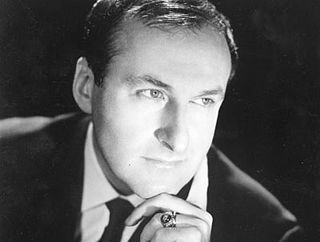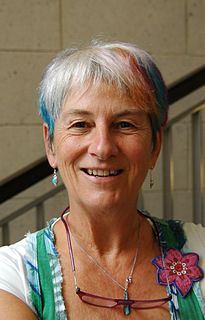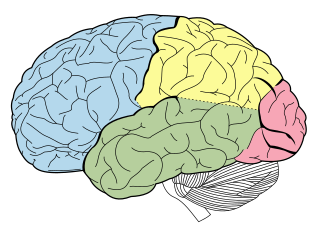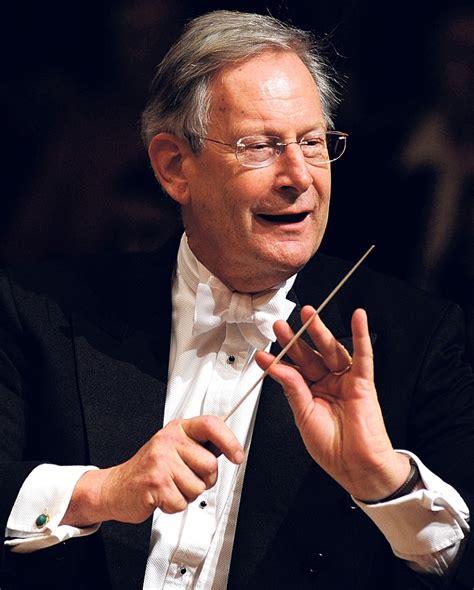A Quote by Steven Pinker
The last 100 years of research into the human brain...sees the brain as an organ that works by physical principles just like the other organs in the body...our emotions and higher callings, such as religion, as well as our grubby low-level physical systems like stereo vision and motor control, are products of a machine.
Related Quotes
The brain is the most complicated organ in the universe. We have learned a lot about other human organs. We know how the heart pumps and how the kidney does what it does. To a certain degree, we have read the letters of the human genome. But the brain has 100 billion neurons. Each one of those has about 10,000 connections.
We're not in the physical world. The physical world is in us. We create the physical world when we perceive it, when we observe it. And also we create this experience in our imagination. And when I say "we," I don't mean the physical body or the brain, but a deeper domain of consciousness which conceives, governs, constructs and actually becomes everything that we call physical reality.
A ghost is a human being who has passed out of the physical body, usually in a traumatic state and is not aware usually of his true condition. We are all spirits encased in a physical body. At the time of passing, our spirit body continues into the next dimension. A ghost, on the other hand, due to trauma, is stuck in our physical world and needs to be released to go on.
In most sports, your brain and your body will cooperate... But in rock climbing, it is the other way around. Your brain doesn't see the point in climbing upwards. Your brain will tell you to keep as low as possible, to cling to the wall and not get any higher. You have to have your brain persuading your body to do the right movements.
In the field of consciousness research-and also in physics and astronomy-we are breaking past the cause-and-effect, mechanistic way of interpreting things. In the biological sciences, there is a vitalism coming in that goes much further toward positing a common universal consciousness of which our brain is simply an organ. Consciousness does not come from the brain. The brain is an organ of consciousness. It focuses consciousness and pulls it in and directs it through a time and space field. But the antecedent of that is the universal consciousness of which we are all just a part.
The physical part was one thing. Whatever - I broke my face; that'll heal. The mental aspect was the biggest shock to the system. You just don't know how to experience stuff like that. You don't have any control over it, either. It's just how your body and brain reacts to something like that happening.
We live in the Age of the Higher Brain, the cerebral cortex that has grown enormously over the last few millennia, overshadowing the ancient, instinctive lower brain. The cortex is often called the new brain, yet the old brain held sway in humans for millions of years, as it does today in most living things. The old brain can't conjure up ideas or read. But it does possess the power to feel and, above all, to be. It was the old brain that caused our forebears to sense the closeness of a mysterious presence everywhere in Nature.
In proportion to our body mass, our brain is three times as large as that of our nearest relatives. This huge organ is dangerous and painful to give birth to, expensive to build and, in a resting human, uses about 20 per cent of the body's energy even though it is just 2 per cent of the body's weight. There must be some reason for all this evolutionary expense.
People think athleticism is just physical, but it's not. It's connected to the brain and how the brain can learn to execute and see a movement or not. Especially at high speed. Being athletic is not just jumping and running and being powerful. It's the nervous system that guides the body. The muscles don't decide anything. The brain decides and makes things happen.
The pace at which science has progressed has been too fast for human behaviour to adapt to it. As I said we are still apes. A part of our brain is still a paleo-brain and many of the reactions come from our fight or flight instinct. As long as this part of the brain can take over control the rational part of the brain (we will face these problems).




































